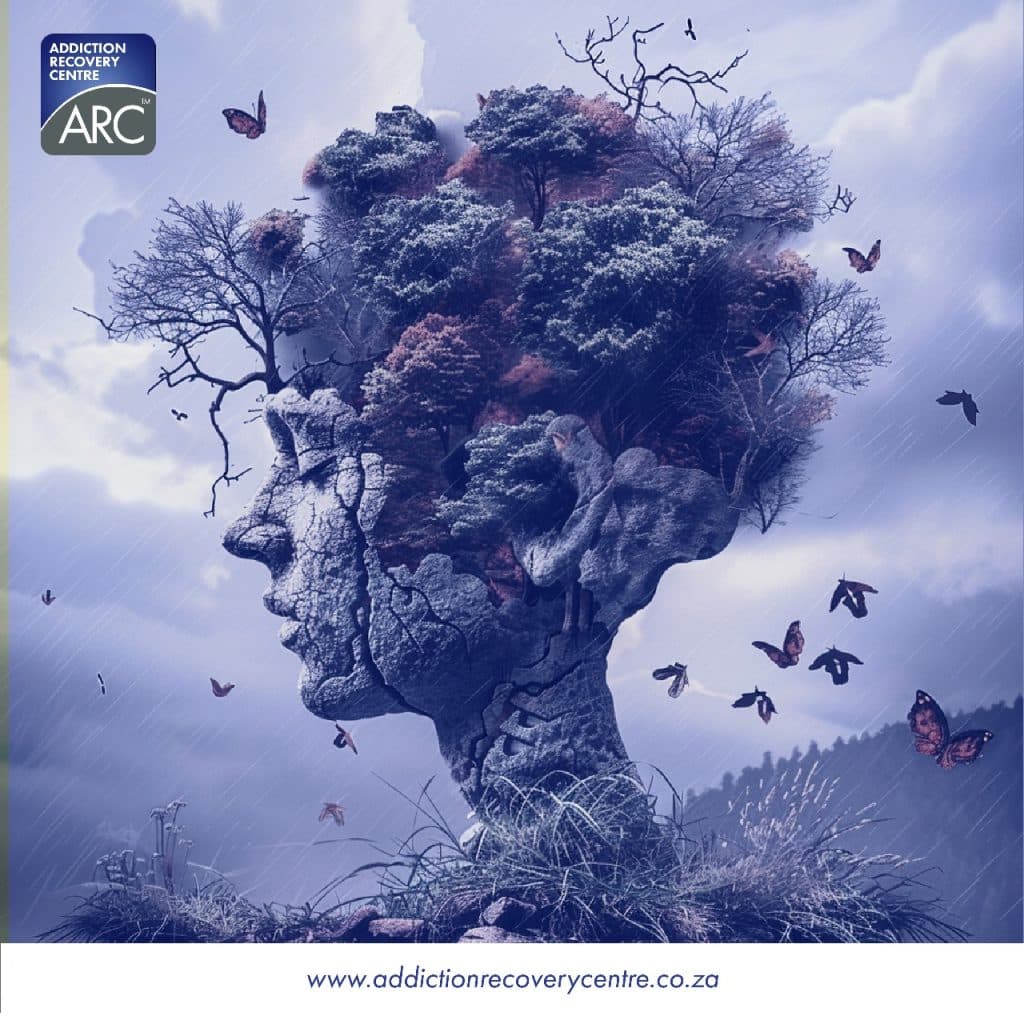3 Key Benefits of Aftercare Support in Recovery
Aftercare support is crucial for your recovery, offering three key benefits. First, it strengthens community connections, fostering a supportive network that encourages belonging and empathy. Second, it provides essential coping strategies, equipping you with techniques to manage stress and cravings, while also focusing on relapse prevention. Finally, it encourages accountability and growth, promoting responsibility for your actions and supporting realistic goal-setting. With regular check-ins and a safe space to discuss challenges, you’ll feel empowered to evolve and thrive in your recovery. Want to uncover more about how aftercare can shape your journey?
Strengthens Community Connections
Aftercare support not only boosts your recovery but also strengthens community connections that are vital for lasting change. When you engage in aftercare programs, you’re not just focusing on your personal healing; you’re actively becoming part of a supportive network. This network can provide you with the encouragement and accountability you need to stay on track.
As you connect with others who share similar experiences, you’ll find a sense of belonging that reinforces your commitment to recovery. Sharing your journey helps create trust and empathy, fostering deeper relationships. These connections can also lead to new friendships, which can be incredibly beneficial for your emotional well-being.
Moreover, participating in group activities or meetings allows you to learn from others and share your insights. You’ll gain different perspectives on challenges you face, which can empower you to tackle your own obstacles more effectively. This collaborative environment cultivates resilience, reminding you that you’re not alone in your journey.
Ultimately, aftercare support isn’t just about maintaining sobriety; it’s about building a community that uplifts and inspires you. By strengthening these connections, you’ll enhance your overall recovery experience and pave the way for lasting change.
Provides Essential Coping Strategies
Engaging with aftercare support equips you with vital coping strategies that help navigate the challenges of recovery. You’ll learn practical techniques to manage stress, cravings, and emotional triggers that can derail your progress. These strategies can be tailored to fit your unique situation, making them more effective in your daily life.
In aftercare programs, you’ll often practice mindfulness, which helps you stay grounded in the present moment. This powerful tool can reduce anxiety and enhance your overall well-being. Furthermore, you’ll discover healthy methods for expressing your feelings, whether through journaling, art, or talking with peers. These outlets can be crucial for processing emotions that arise during recovery.
You’ll also benefit from learning about relapse prevention. Understanding the warning signs and having a plan in place can empower you to respond proactively rather than reactively.
In addition, aftercare support often involves role-playing scenarios where you can practice using your coping strategies in real-life situations. By the end of your aftercare journey, you’ll not only feel more confident in your ability to cope but also equipped with a toolkit that supports your long-term recovery.
Encourages Accountability and Growth
Accountability and growth thrive in aftercare support, as you’re encouraged to take responsibility for your actions and set meaningful goals for your recovery journey. This environment creates a safe space where you can openly discuss your challenges and successes, fostering personal development. You’ll find that sharing your experiences with peers and mentors reinforces your commitment to recovery.
In aftercare, you’re held accountable for your choices. Regular check-ins and group discussions keep you focused on your goals. Knowing that others are counting on you can motivate you to stay on track. You’ll learn to reflect on your progress, celebrating small victories while addressing areas that need improvement.
Setting realistic and achievable goals is crucial. Aftercare support helps you break down your aspirations into manageable steps, making it easier to stay committed. By actively engaging in this process, you’ll build resilience and confidence, essential qualities for long-term recovery.
Ultimately, aftercare isn’t just about staying sober; it’s about evolving as a person. Embracing accountability and growth empowers you to create a fulfilling life, free from past patterns. Remember, your journey is ongoing, and every step forward counts.
How Long Should Aftercare Support Typically Last After Treatment?
Aftercare support typically lasts anywhere from a few months to a year, depending on your individual needs. It’s crucial to stay engaged, as ongoing support can help you maintain progress and prevent relapse.
What Types of Professionals Provide Aftercare Support?
You’ll find various professionals providing aftercare support, including counselors, therapists, social workers, and peer support specialists. Each plays a crucial role in guiding you through your recovery journey and helping you maintain long-term wellness.
Can Aftercare Support Be Accessed Remotely?
Yes, you can access aftercare support remotely. Many programs offer virtual counseling, support groups, and resources through online platforms, making it easier for you to stay connected and receive the assistance you need from anywhere.
Is Aftercare Support Necessary for Everyone in Recovery?
You might not think aftercare support’s necessary, but it can provide crucial guidance and accountability. Everyone’s journey is unique, so assessing your individual needs will help determine if aftercare’s the right fit for you.
How Can Family Members Get Involved in Aftercare Support?
You can help by attending support meetings, learning about recovery processes, and communicating openly. Your encouragement matters, so be there to listen, share experiences, and reinforce positive changes while avoiding judgment or enabling behaviors.

